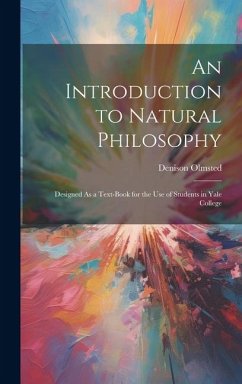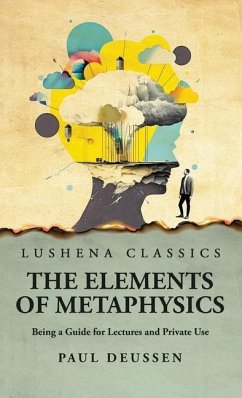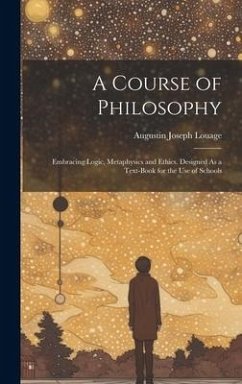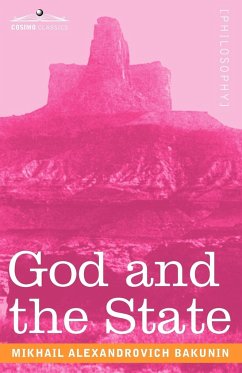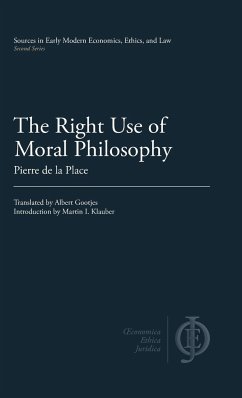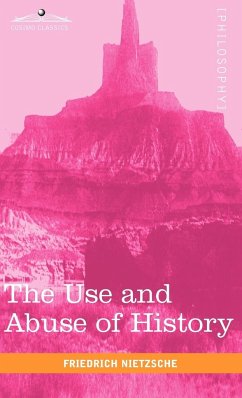
The Use and Abuse of History
Versandkostenfrei!
Nicht lieferbar
He's one of the most controversial thinkers of the 19th century: Nietzsche and his works have been by turns vilified, lauded, and subjected to numerous contradictory interpretations, and yet he remains a figure of profound important, and his works a necessary component of a well-rounded education. In this 1873 essay, Nietzsche discusses the inevitably subjective lenses through which we see, explore, examine, and lend meaning to the events and characters of the past. As we find ourselves plunged into times that feel of urgent and "historic" significance, Nietzsche's reflections and speculations...
He's one of the most controversial thinkers of the 19th century: Nietzsche and his works have been by turns vilified, lauded, and subjected to numerous contradictory interpretations, and yet he remains a figure of profound important, and his works a necessary component of a well-rounded education. In this 1873 essay, Nietzsche discusses the inevitably subjective lenses through which we see, explore, examine, and lend meaning to the events and characters of the past. As we find ourselves plunged into times that feel of urgent and "historic" significance, Nietzsche's reflections and speculations are newly provocative, whether we agree with them or not. German psychologist and philosopher FRIEDRICH WILHELM NIETZSCHE (1844-1900) was appointed special professor of classical philology at the University of Basel at the precocious age of 24, but soon found himself dissatisfied with academic life and created an alternative intellectual society for himself among friends including composer Richard Wagner, historian Jakob Burckhardt, and theologian Franz Overbeck. Among his philosophical works are Thus Spoke Zarathustra, Beyond Good and Evil, and Ecce Homo.





